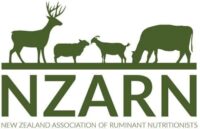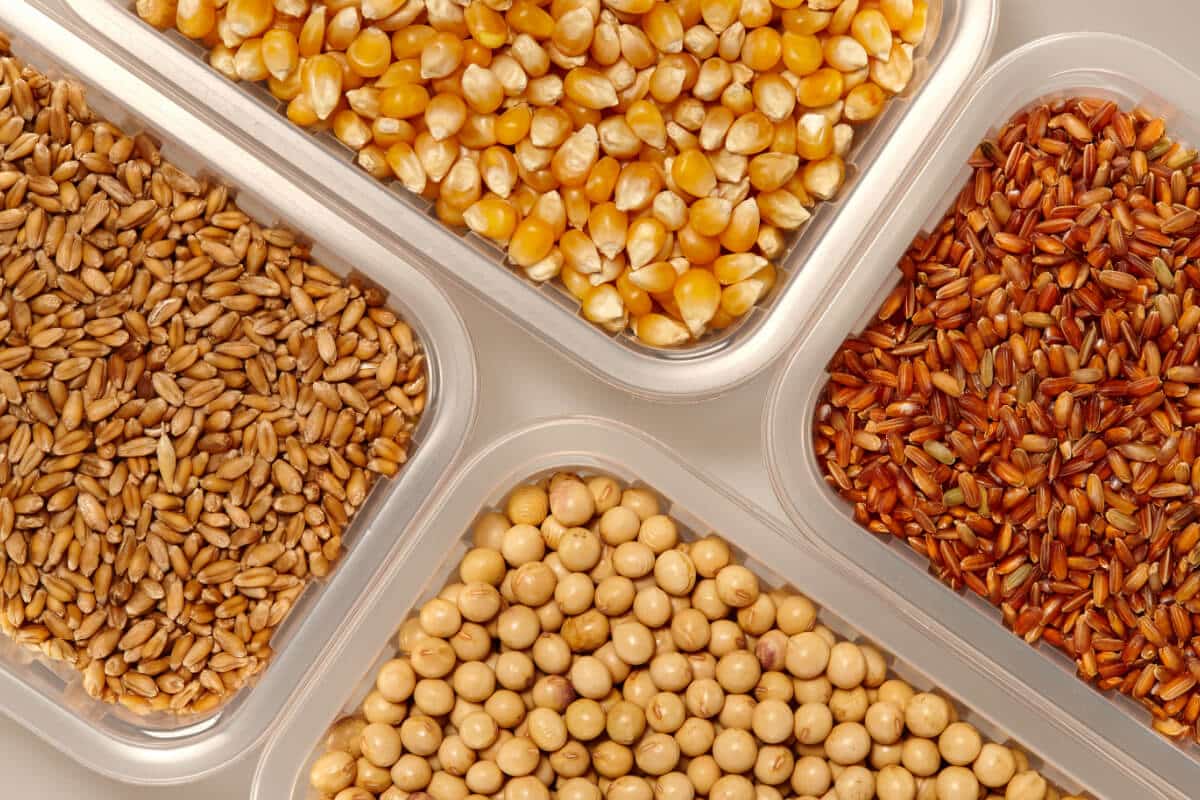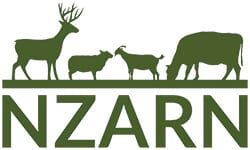Dr. Lucy Waldron, LWT Animal Nutrition Ltd.
Lucy Waldron brings her interactions with NZFMA, FAR, Horizon and ECAN to this presentation.
Production issues on high protein pasture can lead to imbalances. High sugar fodder beet diets can lead to acidosis.
Supplementary feeding can contribute to solving some of these imbalances and contribute to health and welfare. Supplementary feeding can also be a vehicle for supplying vitamins and minerals to reduce infertility, lameness, mastitis, and /or mycotoxin problems.
Literature overview on effects on the environment: ideal target 16% crude protein (CP) in the diet. Low CP supplements can balance diets and feeds like maize silage on a feed pad allow collection of effluent to spread on farm and reduce N fertiliser.
Literature overview on production: increased milk solids production and yield per cow, extended lactation lengths, fills gaps in pasture supply, provide safety net in times of adverse climatic conditions, deferred milk production benefits of supplementation.
Literature overview on health: less condition lost post-calving with concentrate supplementation, body weight (BW) and body condition score (BCS) recovered more quickly at dry-off and post-partum with supplementation of concentrates. Balanced rations ensure mineral requirements met, for better animal health.
Literature overview on reproduction: improvements in BW and BCS as a response to supplementation benefit the reproductive parameters of dairy cows, faster return to oestrus and lower empty rates.
NZARN members a full copy of the presentation is available below if you are logged in.
Non-members looking for more information are encouraged to use our ‘contact a nutritionist’ form and ‘member directory’ to find a member who can help them answer their questions.
If you are a Rural Professional interested in joining the NZARN please see our ‘membership’ section.


